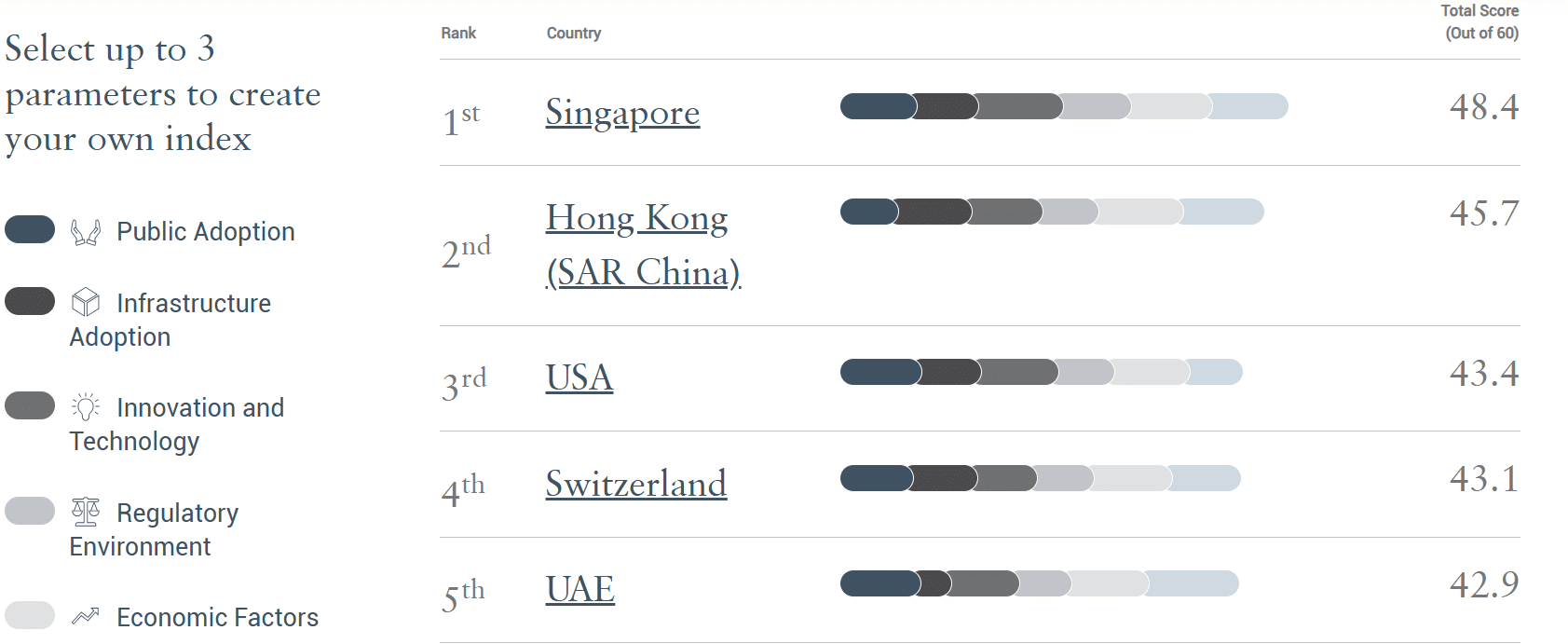Hong Kong’s SFC Just Shifted Crypto Rules—What This Tactical Move Means for Your Next Big Investment Play
So, why is Hong Kong suddenly rolling out the welcome mat for crypto giants with open arms? Turns out, the Securities and Futures Commission (SFC) is flipping the script to juice up local crypto momentum—breaking down old barriers and inviting licensed exchanges to dive into the global liquidity pool of their overseas affiliates. It’s a slick move, no doubt, but here’s the million-dollar question: can this regulatory softening really puncture Singapore’s long-standing crypto dominance? While the full fallout is still on the horizon, Hong Kong is clearly positioning itself to rattle the cage of established players by easing entry hurdles and broadening digital asset offerings. Think of it as a bold game of chess in the Asian crypto arena—except the stakes are sky-high and the players are gearing up for one heck of a showdown. Ready to see how this plays out? LEARN MORE
Key Takeaways
Why has Hong Kong relaxed its crypto regulations?
Per the regulator, the move would sustain its local crypto’s growth momentum.
Are the changes enough to challenge Singapore’s moat?
This move could strengthen Hong Kong’s global position, although its full impact is yet to be fully realized.
Hong Kong’s regulator, Securities and Futures Commission (SFC), is on a charm offensive to woo major crypto players to the region.
On the 3rd of November, the agency issued a circular directing that licensed crypto exchanges can tap into the global liquidity of their overseas affiliates.
The watchdog noted that the move would be beneficial to local investors.
“Hong Kong investors stand to benefit from enhanced market liquidity and more competitive pricing, underpinned by robust safeguards to mitigate additional risks.”
Hong Kong’s massive shift
Local exchanges are currently ringfenced from their overseas counterparts, which limits liquidity and increases volatility risk.
In a notable shift, the regulator announced that new platforms may offer crypto trading, licensed stablecoins, and tokenized stocks to professional investors—without needing the usual 12-month operating track record.
This marks an unprecedented exemption from the regulator’s traditionally strict guidelines.
Moreover, the agency will also allow crypto custody providers to apply for modified licenses to foster a “diverse digital asset custody business.”
Over the past three years, Hong Kong has positioned itself as a key hub for cryptocurrencies, albeit with stringent licensing requirements.
For example, the digital asset treasury (DAT) trend has been met with intense scrutiny and shelved for further understanding before being approved by the market regulator. Notably, only 11 exchanges and 49 brokers are in operation.
However, Julia Leung, SFC’s CEO, gave assurance of the latest relaxations and noted,
“You can say we are on the tougher side. Once we are sure that we are able to protect the investors, we do relax, as we did with the global liquidity.”
By next year, licenses will be issued for custodians, stablecoin issuers, and crypto dealers. It could attract key players like Coinbase Global and Binance.
Leung added,
“Making steady strides in market liquidity and business offerings is crucial to sustaining the growth momentum of Hong Kong’s digital asset ecosystem.”
Singapore and Hong Kong have been competing for the title of top Asian crypto hub for some time now. However, Singapore led in key metrics, including adoption, infrastructure, and regulatory environment.
The latest regulatory shift could empower Hong Kong to compete more directly with established crypto hubs.
Source: Henley Global





















Post Comment